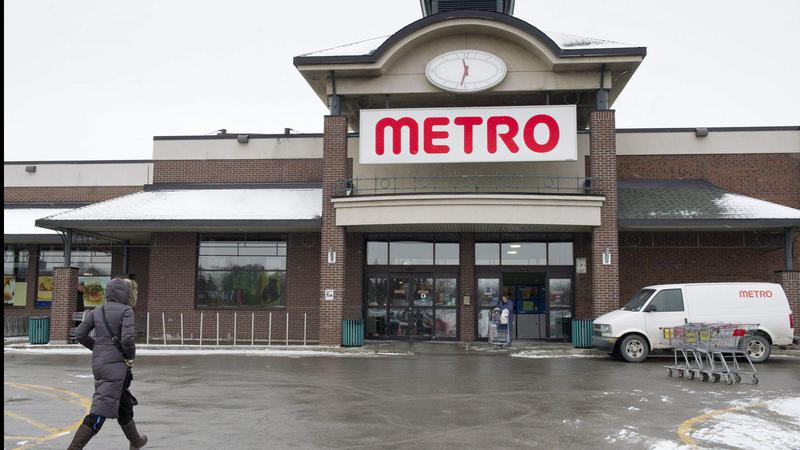
Loblaw, Metro warn food inflation could persist as suppliers continue to hike prices
Two of Canada’s grocers say food suppliers are continuing to pass along new cost increases, signalling higher food prices will persist into 2023.
Loblaw Cos. Ltd. and Metro Inc. say they’ve received fresh rounds of cost increase notices from food suppliers in recent weeks.
“The inflation outlook remains uncertain as we continue to receive many vendor requests for price increases,” Metro president and CEO Eric La Flèche told analysts on Wednesday.
Loblaw chief financial officer Richard Dufresne said the company has seen “unprecedented cost increases from our suppliers this year and we continue to receive new cost increases.”


